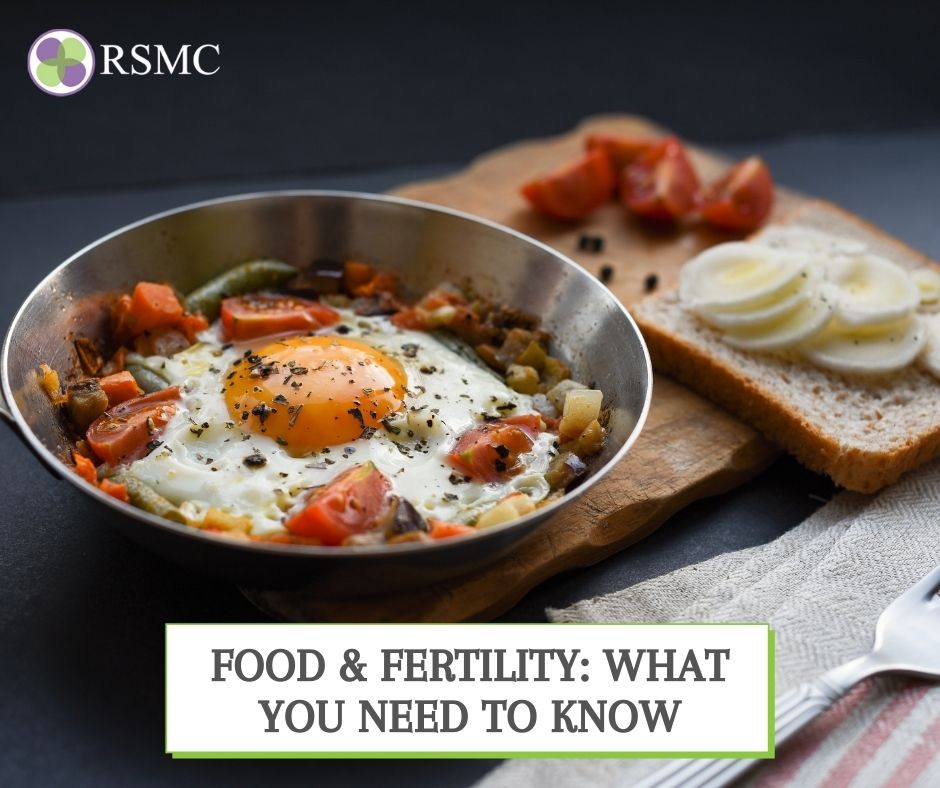[fusion_builder_container hundred_percent=”no” equal_height_columns=”no” menu_anchor=”” hide_on_mobile=”small-visibility,medium-visibility,large-visibility” class=”” id=”” background_color=”” background_image=”” background_position=”center center” background_repeat=”no-repeat” fade=”no” background_parallax=”none” parallax_speed=”0.3″ video_mp4=”” video_webm=”” video_ogv=”” video_url=”” video_aspect_ratio=”16:9″ video_loop=”yes” video_mute=”yes” overlay_color=”” video_preview_image=”” border_color=”” border_style=”solid” padding_top=”” padding_bottom=”” padding_left=”” padding_right=”” type=”legacy”][fusion_builder_row][fusion_builder_column type=”1_1″ layout=”1_1″ background_position=”left top” background_color=”” border_color=”” border_style=”solid” border_position=”all” spacing=”yes” background_image=”” background_repeat=”no-repeat” padding_top=”” padding_right=”” padding_bottom=”” padding_left=”” margin_top=”0px” margin_bottom=”0px” class=”” id=”” animation_type=”” animation_speed=”0.3″ animation_direction=”left” hide_on_mobile=”small-visibility,medium-visibility,large-visibility” center_content=”no” last=”true” min_height=”” hover_type=”none” link=”” border_sizes_top=”” border_sizes_bottom=”” border_sizes_left=”” border_sizes_right=”” first=”true”][fusion_text columns=”” column_min_width=”” column_spacing=”” rule_style=”default” rule_size=”” rule_color=”” content_alignment_medium=”” content_alignment_small=”” content_alignment=”” hide_on_mobile=”small-visibility,medium-visibility,large-visibility” sticky_display=”normal,sticky” class=”” id=”” margin_top=”” margin_right=”” margin_bottom=”” margin_left=”” font_size=”” fusion_font_family_text_font=”” fusion_font_variant_text_font=”” line_height=”” letter_spacing=”” text_color=”” animation_type=”” animation_direction=”left” animation_speed=”0.3″ animation_offset=””] Ingesting one cup of coffee each day – and two cups of tea daily – while pregnant is associated with reduced fetal growth according to a well-designed study from the leading British Medical Journal (BMJ). The study followed 2,635 women through their pregnancy, asking them intermittently about their caffeine ingestion, and then testing caffeine levels in their saliva as double checks of the women’s responses.
Ingesting one cup of coffee each day – and two cups of tea daily – while pregnant is associated with reduced fetal growth according to a well-designed study from the leading British Medical Journal (BMJ). The study followed 2,635 women through their pregnancy, asking them intermittently about their caffeine ingestion, and then testing caffeine levels in their saliva as double checks of the women’s responses.
They also measured the rate with which each woman metabolized Caffeine and Pregnancy. The study found that any ingestion of caffeine above 100 mg/day, the rough equivalent of one cup of coffee or two cups of tea, was clearly associated with a reduction in the rate with which fetuses grew.
Caffeine is easily absorbed and passed freely across the placenta. Ingesting the amount of caffeine found in approximately two cups of coffee is associated with a 25% reduction in blood flow across the placenta. Any substance (or medical condition) that can reduce blood flow to the fetus is a potential cause of reduced fetal weight. A substantial number of scientific studies have examined whether caffeine is associated with “fetal growth retardation.” The results have been contradictory, making recommendations in this area controversial.
There are significant problems with many of these studies making it difficult to determine if their results are valid. A major underlying problem with the vast majority of these studies is that they are retrospective; they ask women to remember how much caffeine they drank during the pregnancy and then look at outcomes. They include no objective evidence that confirm the accuracy of the women’s recollection, and they don’t take into account that there are large variations in how quickly people metabolize caffeine, the effect of which is that caffeine levels can vary substantially among even when they ingest the same amount of caffeine.
The March of Dimes recommends that women who are pregnant or trying to get pregnant get no more than 200 milligrams (mg) of caffeine per day. This is the amount of caffeine in about one 12-ounce cup of coffee. The American Academy of Pediatrics (AAP) says it’s safe for breastfeeding moms to have caffeine. A small amount of caffeine does get into breast milk, so it is best to limit caffeine if you’re breastfeeding. Breastfed babies of women who drink more than 2 to 3 cups of coffee a day may become irritable or have trouble sleeping.
While coffee is the most obvious culprit, caffeine is found in coffee-flavored products (such as ice cream), tea, some soft drinks, chocolate, and chocolate products including chocolate syrup,chocolate milk and hot cocoa. The amount of caffeine in foods and drinks varies depending on the brand, how it’s prepared, and the way it’s served (espresso, latte, etc.) Some medicines used for pain relief, migraines, colds and to help keep you awake contain caffeine. The Food and Drug Administration (FDA) requires that label on medicine lists the amount of caffeine in the medicine.
Some herbal products contain caffeine. These include guarana, yerba mate, kola nut and green tea extract. The FDA does not require that herbal products have a label saying how much caffeine they contain. Some herbal products have as much caffeine as 8 cups of coffee, so know what you are taking when you are taking it for two.[/fusion_text][/fusion_builder_column][/fusion_builder_row][/fusion_builder_container]























